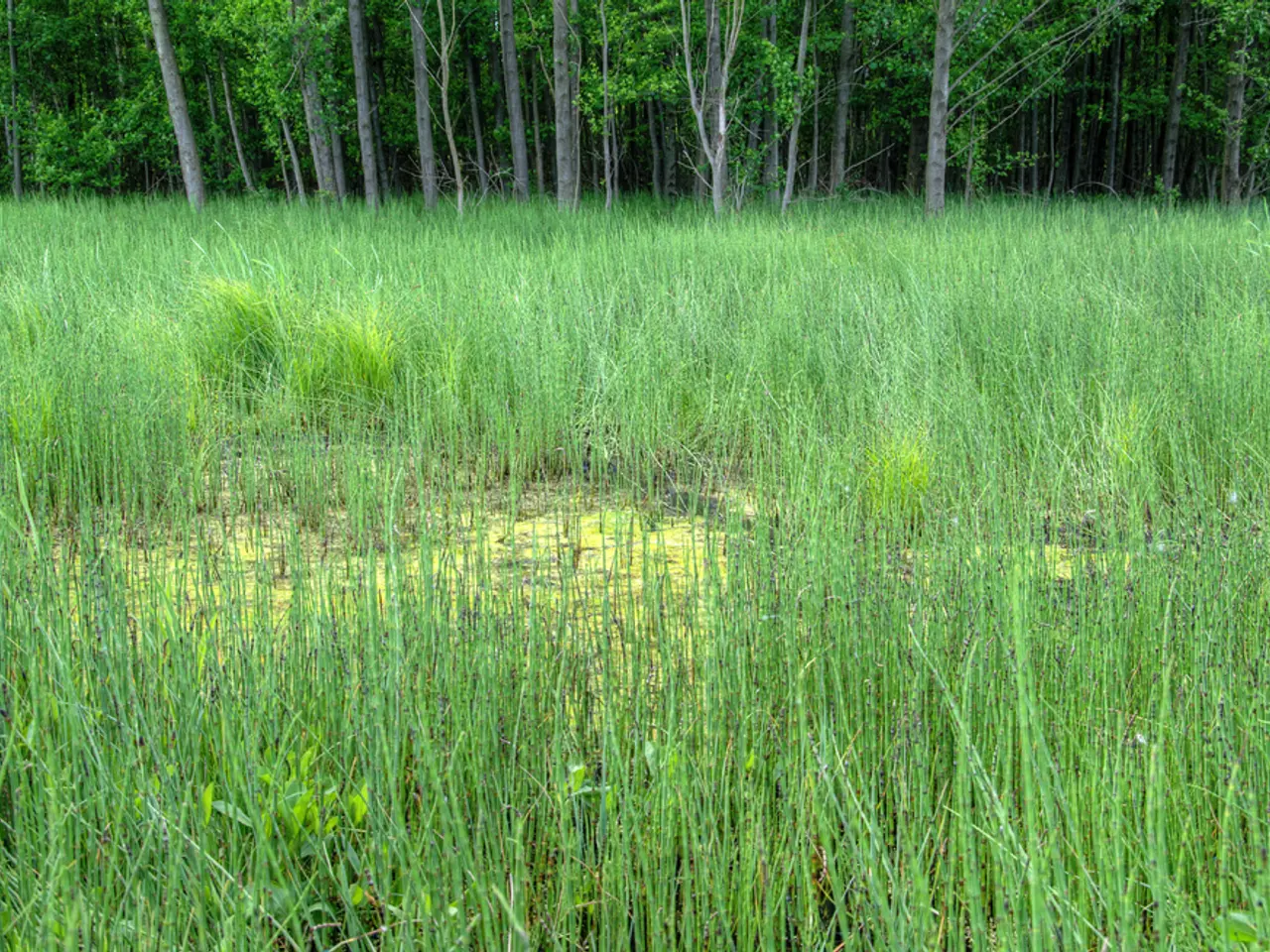Christmas Trees Under Siege: A Debate
In the picturesque Morvan region of France, a tradition stretches back over a century: the cultivation of Christmas trees. With approximately 100 local farmers spreading across 3,700 acres, they sell 1 million trees annually, making it the oldest Christmas-tree growing region in the country. However, these farmers are now facing unprecedented challenges due to climate change.
The impacts of climate change have led farmers in the Morvan to work longer, more strenuous hours. Moreover, securing insurance for their trees has become increasingly difficult. The situation is so dire that some farmers are finding it hard to transition to organic farming, straining their finances further.
Climate change is causing changes to seasonal weather patterns, forcing farmers to plant seedlings in the fall instead of the spring and to cut trees later in the season. This year, extreme heat and unseasonable hail have wreaked havoc on Christmas tree farms, contributing to a shortage and hike in prices across the U.S. In 2021 alone, extreme heat damaged roughly 10% of the mature Christmas trees in the Pacific Northwest.
The ongoing shortage and price increase have raised concerns among shoppers, but it's not just the U.S. that's been affected. Over the past decades, Christmas tree farmers in the U.S. and Canada have reported significant losses due to extreme heat, droughts, and floods. In Canada, Christmas tree farms have shrunk by nearly 20,000 acres from 2011 to 2022.
Yet, the struggles faced by Christmas tree farmers are not limited to climate change. A 2004 study revealed that Christmas tree production in the Morvan was linked to water contamination. Some farmers have a history of harming local environments by overusing pesticides and herbicides that can run into waterways and growing monocrops that hurt biodiversity.
However, not all news is bleak. An industry-led study has shown that the presence of Christmas trees in the region has been associated with a rise of sparrows, woodlarks, linnets, and ladybugs. Christmas tree farming can capture carbon more efficiently than other smaller crops, making it an environmentally friendly choice when grown sustainably.
Some farmers in the Morvan have embraced organic and diverse farming methods over the past 20 years to protect the environment and their bottom line. These farmers set up shop with wildflowers outnumbering the firs, using less pesticides or none at all, having sheep to help with the weeds, and diversifying the kinds of trees they grow.
The name of the Organic Christmas Tree Initiative in the Morvan, France is "Sapin de Noël Bio du Morvan." These farmers are transitioning to organic farming, ensuring that their crops are not only environmentally friendly but also free from harmful substances.
Despite the ongoing criticism, many farmers in the Morvan are hesitant to speak with journalists due to past negative experiences. However, it's clear that the future of Christmas tree farming in the region depends on a balance between tradition and sustainability.
In contrast, the carbon footprint of artificial Christmas trees is roughly double that of a real tree due to the production and shipping of artificial trees, which often come from China. This underscores the importance of supporting local, sustainable Christmas tree farming.
In conclusion, the Christmas tree farming industry in the Morvan faces numerous challenges, but there are also promising signs of change. As consumers, we can make a difference by choosing sustainably grown Christmas trees and supporting local farmers. By doing so, we can help ensure that this traditional industry continues to thrive while minimising its impact on the environment.
Read also:
- Understanding Hemorrhagic Gastroenteritis: Key Facts
- Stopping Osteoporosis Treatment: Timeline Considerations
- Tobacco industry's suggested changes on a legislative modification are disregarded by health journalists
- Expanded Community Health Involvement by CK Birla Hospitals, Jaipur, Maintained Through Consistent Outreach Programs Across Rajasthan








